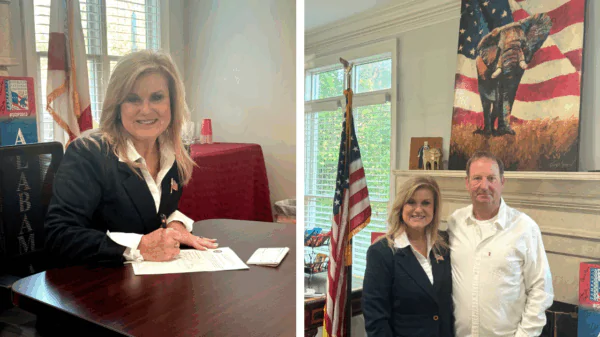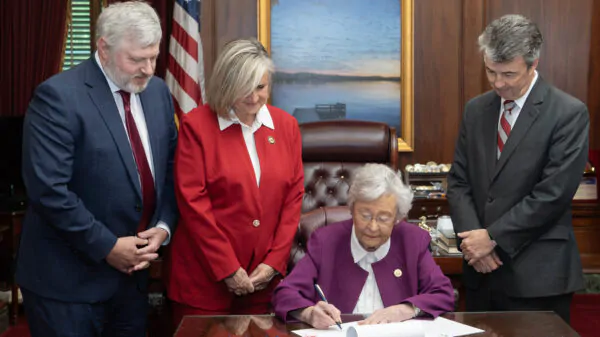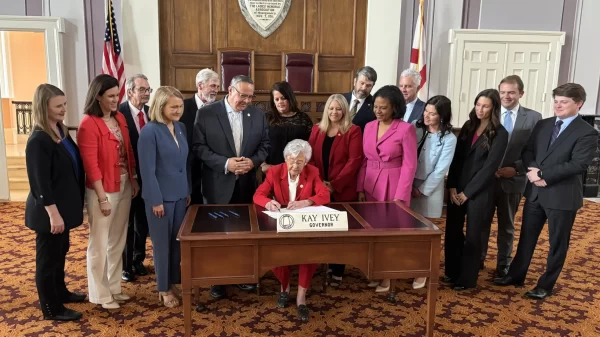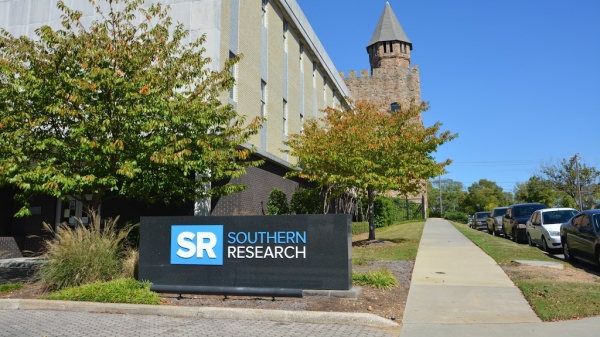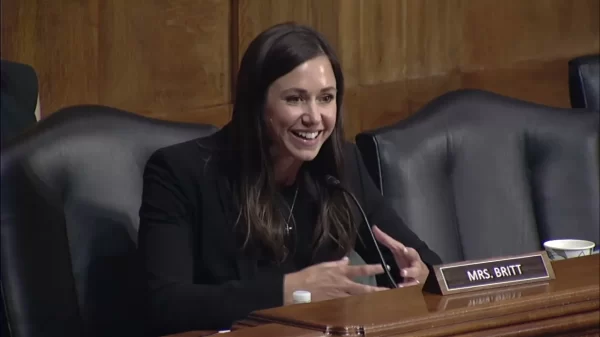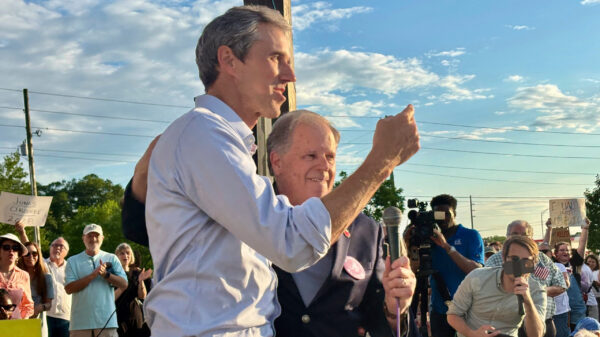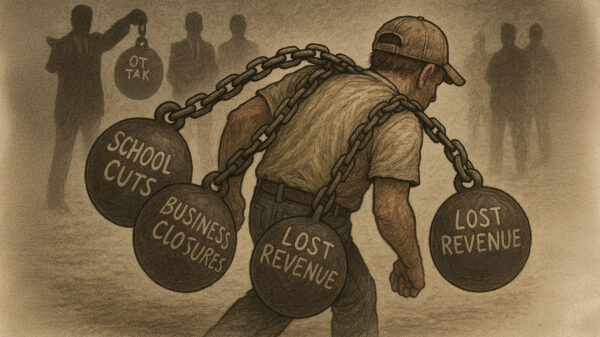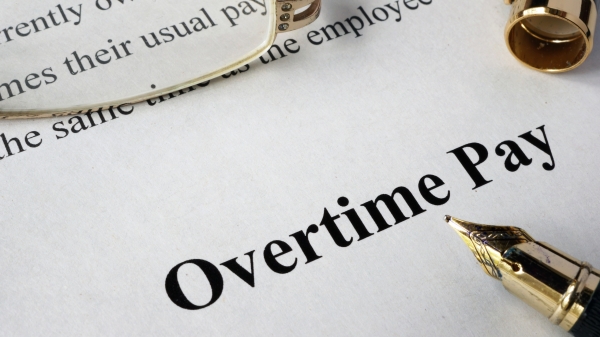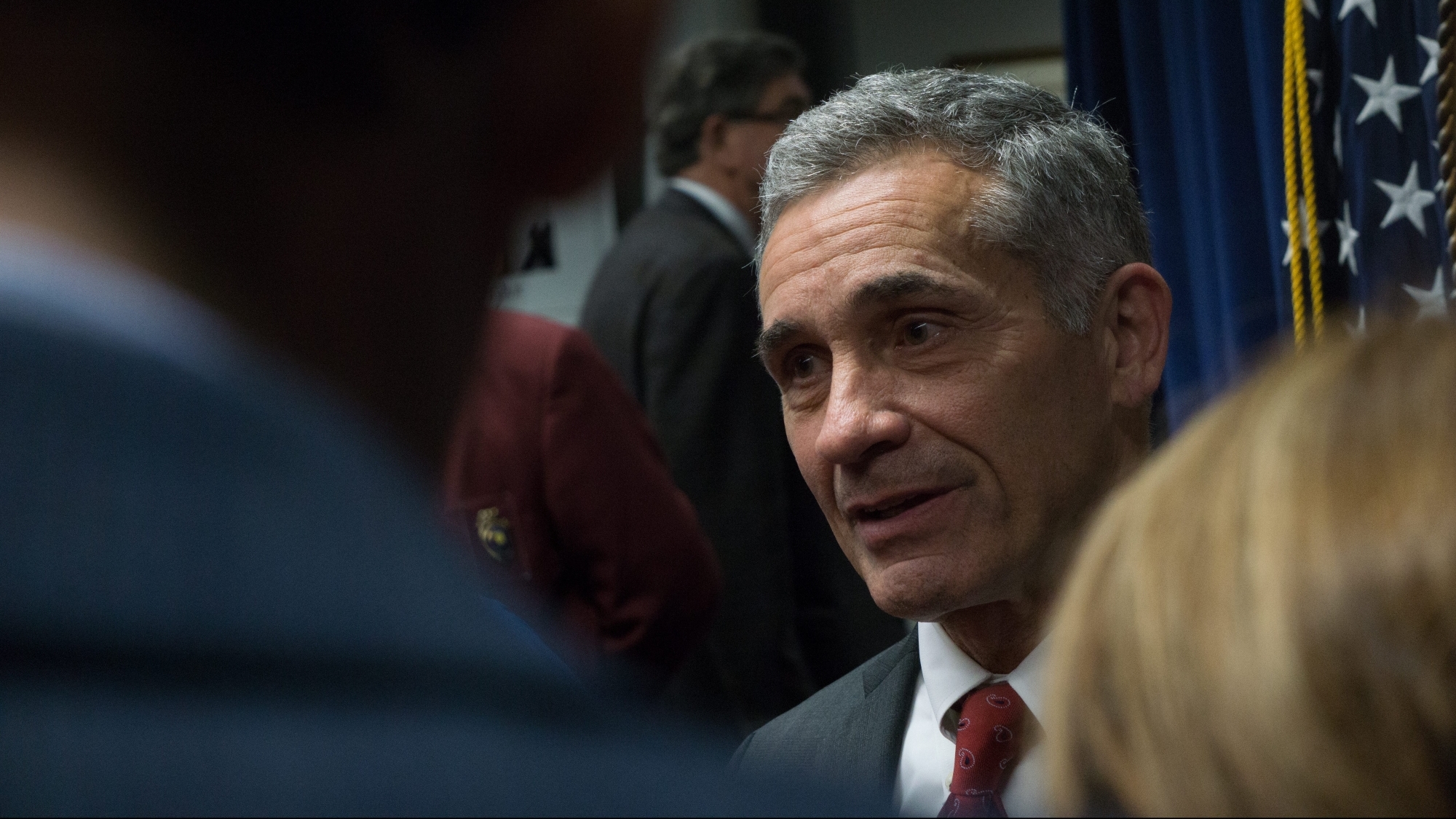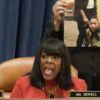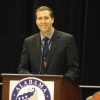A bill sponsored by State Sen. Jim McClendon giving Alabama citizens an opportunity to vote on a constitutional amendment to allow a lottery is being questioned by one of its co-sponsors. The bi-partisan legislation is co-sponsored by Sens. Jimmy Holley, Steve Livingston, Bobby Singleton, Roger Smitherman, Billy Beasley and Del Marsh.
Last week, Marsh, who is the powerful President Pro Tempore of the Senate, suddenly voiced a problem with the measure, first saying he didn’t like how the lottery funds would be distributed and later changed his story to say he opposed permitting Video Lottery Terminals at the state’s existing four racetracks.
Marsh’s quick turnabout is widely seen as a capitulation to the Poarch Band of Creek Indians who stand to lose their billion-dollar gaming monopoly if VLTs are allowed at the race courses where peri-mutual gaming is already legal. PCI owns one of the four courses, the Mobile racetrack.
None of the bill’s other co-sponsors have joined Marsh in his opposition.
Just a few years ago, Marsh sponsored a similar bill to the one now being offered by McClendon, which also provided for electronic machines being operated at the four racetracks. That bill was defeated when then-Speaker of the House Mike Hubbard made common cause with PCI to kill the legislation.
Marsh Releases Omnibus Gaming Bill, with Opposition on Fifth Floor
At the time, Marsh condemned plans being offered by PCI/Hubbard and Bentley saying that the PCI/Hubbard plan created a monopoly and the governor’s plan raised taxes.
In an op-ed published by APR, Marsh made a passionate plea to allow a vote on his lottery bill, which created a statewide lottery and offered machines at existing racetracks.
So, why the change of heart?
Marsh has been clear that he intends to run for the U.S. Senate in 2020. But with a growing field of contenders, Marsh will need a hefty war chest, which PCI can supply.
Currently, PCI is backing U.S. Rep. Bradley Byrne, who has spent years cultivating the tribe’s trust. But the threat to their gambling monopoly is so dire that many believe whoever kills the lottery bill will be anointed PCI’s champion and earn their financial backing. A rapacious political calculation that places what is best for the state behind the desire for political gain of one individual and a tribe that consists of barely 3,000 people.
In Marsh’s 2015 legislation, PCI was given considerable gains as it called for the governor to enter into a compact with the tribe, which would have vastly expanded their gambling options by letting them operate Vegas-style games like blackjack, roulette and other live-dealer games. Marsh’s proposal also gave the four tracks slot machines as well as other games of chance, something McClendon’s bill strictly outlaws.
McClendon’s bill doesn’t address PCI at all and prohibits slots and live dealer games of any kind. On numerous occasions, McClendon has stated his bill’s sole purpose is to give the people a right to vote on a lottery. PCI is a nation-state within the boundaries of Alabama and is therefore not subject to state laws. It is generally believed that since the state has no say in PCI’s affairs, they should not meddle in the state’s.
If Marsh is, in fact, playing politics with the lottery bill to extract money for PCI, it wouldn’t be the first time.
During the 2010 elections, Marsh held secret meetings with PCI Vice Chair Robbie McGhee at which he asked for and received at least $100,000 in donations, which was then routed through the Republican State Leadership Committee and back to a PAC controlled by Marsh and Hubbard.
An internal report commissioned by RSLC found that the deeds perpetrated by Marsh and Hubbard were likely to be found illegal under state law.
The report said that Hubbard and Marsh hid the donations origins because at that time, taking a contribution directly from PCI was “political suicide for a Republican candidate or public official.”
In 2013, Marsh tried to deny he had participated in the secret meeting, as reported by APR in 2012.
However, after Marsh’s denial was reported by the Anniston Star, APR released a tape of McGhee saying it was Marsh who had come to Atmore to solicit funds from the tribe.
Marsh’s opposition to the lottery bill could see it languish without a committee vote or die on the floor of the Senate.
Even Marsh’s political allies are uncertain how far he will go to satisfy his political ambitions with several privately, suggesting he has over played his hand, and his alliance with the tribe is too obvious to have a longterm benefit.
McClendon is hoping to have SB130 before the Senate Tourism Committee as early as Tuesday, April 2, when the Legislature returns from spring break. However, there is serious concern that Marsh could delay or stop a committee vote.
Citizens who want an opportunity to vote on a constitutional amendment allowing for a lottery will need to keep an eye on Marsh’s dealings, as his sudden about-face may very well doom the peoples’ right to vote.


